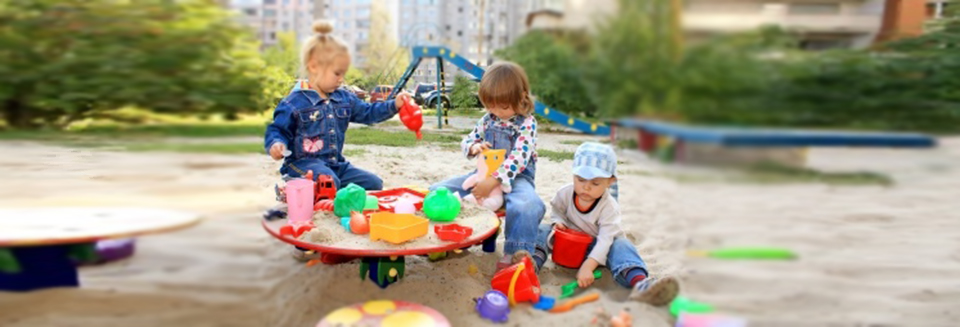Communication is a very vital tool to build up a mutual understanding between parties. Similarly, children also have a way that best expresses their inner thoughts and feelings; play. Most adults often fail to articulate and tolerate children’s play thinking that is just for fun, jokes and games. But at times that is not the case as children play to express other thoughts, which they cannot share in a conversation with their parents. In addition, increasing demand for better living has contributed to drift between parents and children as parents spend more time at work than with their kids at home. As a result, children’s development is affected.
Though other circumstances are inevitable, there is a procedure available, creative and imaginative play or rather, play therapy that can assist such children in emotional adjustment as well as cognitive growth. Simply, play is a way most children find ease and peace to express what lingers in their minds.
Play therapy subjects a child to a world that he or she is comfortable and familiar with. For instance, you will find the therapy rooms are well hampered with children’s toys, games, dolls, etc. These playthings invoke the fantasy part of the brain that enables a child to connect with real-life incidence while playing.
On the other hand, the therapist also creates an open, supportive and warm relationship with the child to help free these thoughts while playing. Different children will respond differently during play therapy sessions depending on the environment they are brought up in. The therapy session also has rules that guide it, although the child has total control to his/her actions and play. By the end of it all the children will lead the therapist to issues embedded in their minds through behavior and activity.
Establishing a child’s emotional disturbance can be a daunting task, but play therapy can be of great benefit to children suffering from family violence, neglect, divorce and separation and many other life challenges. In fact, this therapy can develop the child’s esteem and self-confidence, cope with life predicaments, and learn to make decisions.



Recent Comments